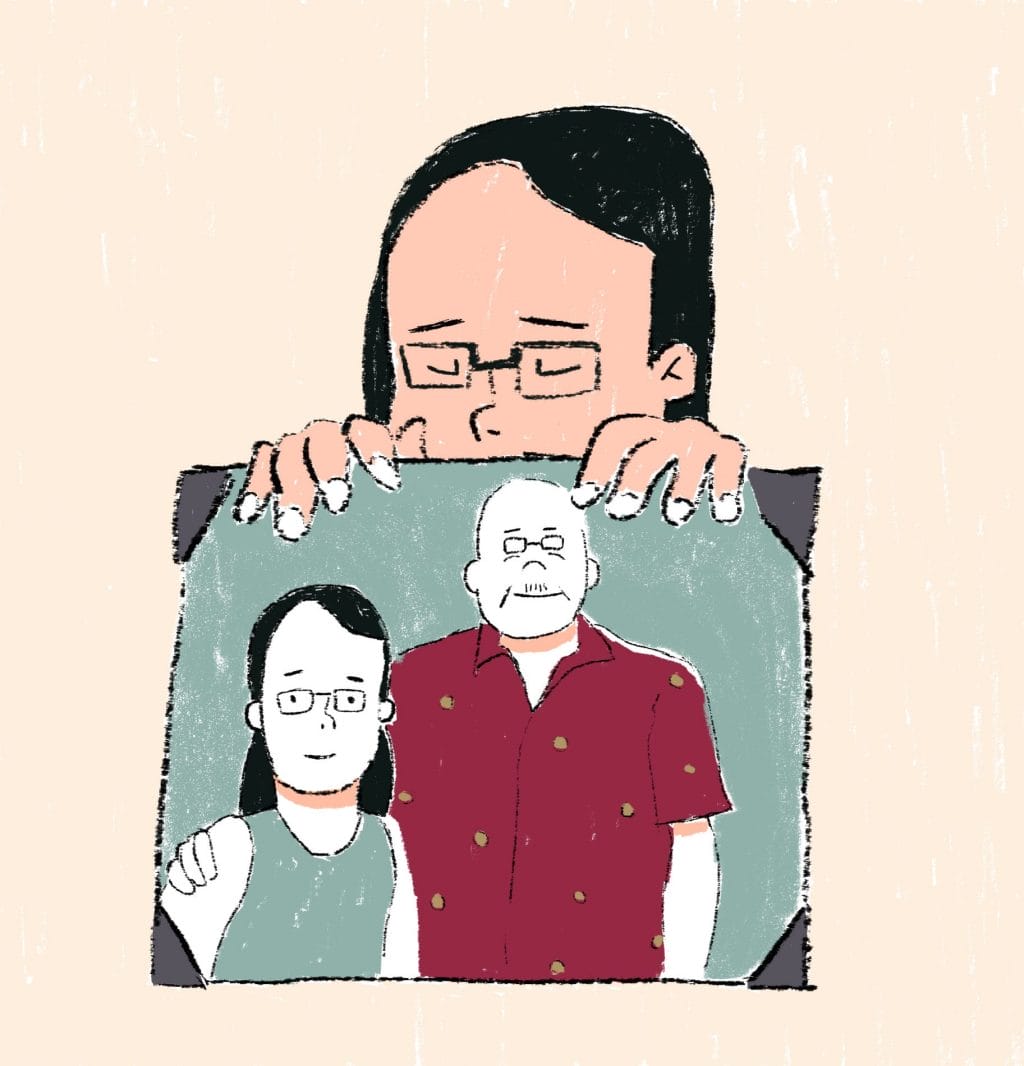LTE: Transracial people exist, I know because I am one


The term “transracial” came into debate in 2015 when Rachel Dolezal, a civil rights activist and former member of the National Association for the Advancement of Colored People (NAACP), was exposed as a caucasian woman who benefited by claiming she was African-American. She later labeled herself “trans-black.” This sparked a conversation about the term “transracial” and if it was even a legitimate concept. I disagree with Dolezal’s life decisions to misrepresent herself in the African-American community. However, as a transracial adoptee who has struggled for years to come to terms with their own identity, I can argue that being transracial is a reality.
I was adopted from Ho Chi Minh City (formerly Saigon), Vietnam at nine months old into a loving, Caucasian, all-American household. My first acknowledgement of race as a societal notion was in kindergarten when I was teased for my slanted eyes. I have lived my whole life in primarily White neighborhoods and school districts, so I was usually one of the maybe two other Asians in the class. This led me to hate looking in the mirror because I wasn’t white like my parents or any others who were in my life.
I didn’t feel like I belonged anywhere, especially among my peers. In the Asian community, I was labelled as “white-washed” but in the white community I was seen as Asian. When meeting people, there was always an expectation or question about my ethnicity and parents which would lead to me revealing my adoption — sometimes leaving me feeling even more vulnerable than I did before. This internal cultural identity struggle continued throughout my life, resulting in severe disorientation, depression and anxiety.
It wasn’t until I came to college that I came to the conclusion that I had to deal with the weight I’ve been carrying. For my UNIV 200 research paper, I chose to look into the topic of transracial adoption. I found loads of transracial adoptee psychology articles, including transracial adoption parenting methods. According to professors at the Royal University of London and Western Carolina University, transcultural adoptees can experience a loss of identity if they’re not raised with birth cultural influences because of the physical and internal disparities. This research paper changed my entire perspective on my situation. I was able to put a word to my circumstances and also feel validated about the feeling of alienation and loss of belonging I’ve felt.
I decided the year after writing my research paper I wanted to study abroad in my birth city of Saigon. My parents were beyond supportive of my ambition to return. After a ton of paperwork, study abroad coordinator meetings and preparation, I finally found my way back to my birth country.
I’m currently in my final semester of college before I graduate and I sincerely couldn’t have possibly spent it better any other way. I was able to return to my orphanage that lived I in for the first months of my life as well as experience the culture I was born into. Additionally, I’ve been able to give back by volunteering at a children with disabilities orphanage. This journey so far has left me with a sense of fulfillment and closure.
To answer some commonly, curious inquires I get: I do not feel the need to find my birth parents. I already know who raised me into the person I am today. I do not speak Vietnamese, but I have acquired essential phrases during my time here.
I’d also like to address transracial adoptees who have struggle with finding their cultural identity. You don’t need to return to your birth country to feel a sense of wholeness. It just takes the initiative of researching into not just your birth culture but transracial research articles. It’s a matter of acknowledgement and validation that you’re not alone in this battle. There are others here, like myself, who have experienced the same feeling of denial and disorientation. There is a place in the world for us. We belong.
If you would like to follow me on my journey and see my return to my orphanage, you can find them at not-your lawn on Youtube.
Godspeed,
Mai-Lan Spiegel



Transracial adoption is not the only way a person could become “transracial”. Any person who does identify with their birth race or has identity issues related to race could be transracial
Transracial is not the correct term for it. You were an Asian child raised in a white middle class family. You have feet in both worlds. This is an advantage, not a burden. It is to be embraced.